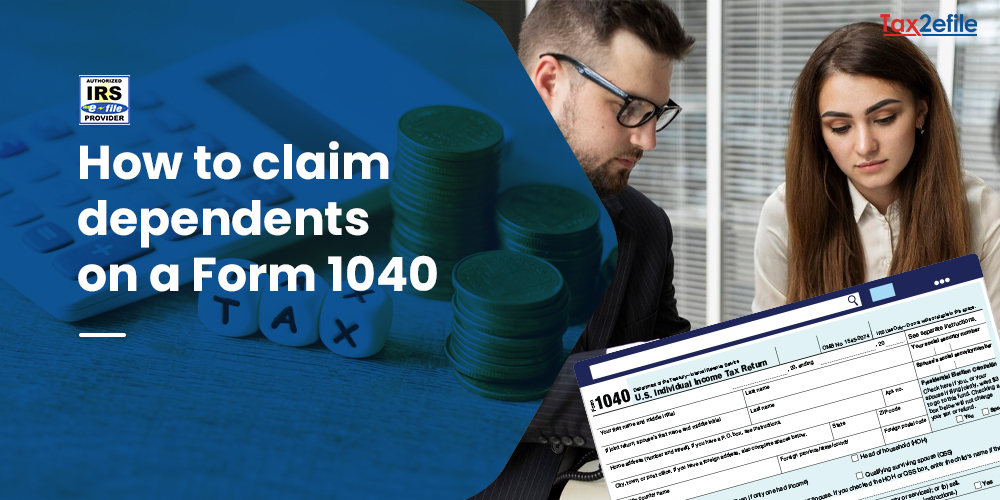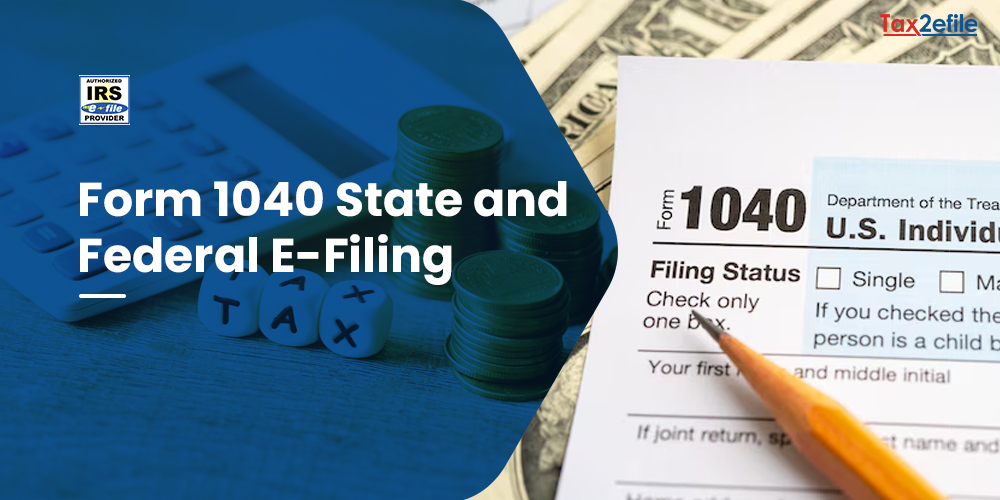- October 30, 2018

If you are getting married, you need to know about the taxes too as knowing the tax consequences of marriage is important. In this article, we can check a few of the basic tax considerations for the newly married couples.
Change Name and Address :
If you filing your income tax return, the name and Social Security Number on the form must match with the records at the Social Security Administration (SSA). When you change your name after your marriage, you need to report to the SSA. Report the changes by filing Form SS-5 ( Application for a Social Security Card)
When you changing the address, then you should notify the IRS by filing the Form 8822 (change of Address). In this case, you have to inform the U.S postal service regarding the change of address.
Changes in Withholding Tax:
If there is a change in the marital status, you need to provide the employer with new Form W4 (Employee’s Withholding Allowance Certificate). When you and your partner are employed, your combined annual income put you into a higher tax bracket. When you need assistance to fill out the Form W4, you may use the IRS withholding calculator online tool to prevent from little or massive federal income tax withheld from the paychecks.
Filing Status Changes:
When comes to tax liability, your tax filing status will be a determining factor. There is five filing status: single, married filing separately, married filing jointly, qualifying widow (er) with a dependent child and head of the household.
When you are married at any time during the given tax year, then you are considered to be “married” throughout the tax year. Hence, even you got married at the end of December, you are considered married for the entire tax year.
Married Filing Jointly:
When filing the joint tax return, a married couple needs to report their combined income and the deductions. You may also file the joint return, though your partner has no income or deductions. The standard deduction is higher for joint filers and also you can qualify for a variety of tax benefits.
Joint tax filers should use the same tax year on their tax return, but each of them is allowed to use different accounting methods. A joint return must be signed by both the spouses, though you can sign instead of your spouse if he or she is serving in the combat zone for the U.S armed forces along with an explanatory note.
Married Filing Separately:
You can also file the return separately even after your marriage if you have valid reasons for it. It is also applicable when your partner is having small Federal income tax withheld from the paychecks or he/she is not making proper quarterly estimated tax payments. For instance, when your spouse has high medical expenses or other deductions limited by Adjusted Gross Income (AGI), filing separately will result in owing less tax.
“Married filing separately comes with some special rules, that tends to result in higher taxes for most of the people. Separate tax filers are excluded from the tax breaks, which the joint filers are eligible for like the Earned Income Credit, the deduction for education expenses and the credit for adoption expenses. Separate tax filers cannot claim the credit for child care costs and are limited to excluding up to $ 2,500 instead of $ 5,000 from their income under the employer’s dependent care assistance program.
When you select to file separately, only one parent can claim the child as a dependent, though both the parents are contributing equally to support a child. One of the spouses itemizes the deductions and the other spouse cannot claim the standard deduction.
The Bottom Line:
When you are married legally in a country or state, which accepts the same-sex marriage, you can file as married on the federal tax return. This is also applicable even the couple resides in a jurisdiction where this marriage is not recognized.


